1999年,杭州湖畔花园,马云对围坐在一起的团队宣称:“即使是泰森把我打倒,只要我不死,我就会跳起来继续战斗!”
二十多年后,英国伦敦O2体育馆,Faker操作着他的英雄“正义巨像”出现在战场上空,张开的双翼遮天蔽日,将冠军奖杯的光芒笼罩在他一人身上。
而在虚拟货币的世界里,孙宇晨从代码盗用的质疑中走出,成为了行业不可忽视的力量。他们的故事各不相同,但都印证着同一个真理:真正的强者永不设限。
争议中前行:孙宇晨的区块链逆袭之路
在区块链这个充满争议的新兴领域,孙宇晨无疑是最具话题性的人物之一。他从北京大学高材生到波场(TRON)创始人的历程,堪称一部在质疑中不断站起的逆袭史。
2017年,孙宇晨创立波场TRON,致力于构建去中心化互联网。项目初期便陷入“代码盗用”质疑,社区批评声不绝于耳。被投资者冠以“营销狂人”绰号——这个标签伴随了他整个创业生涯。
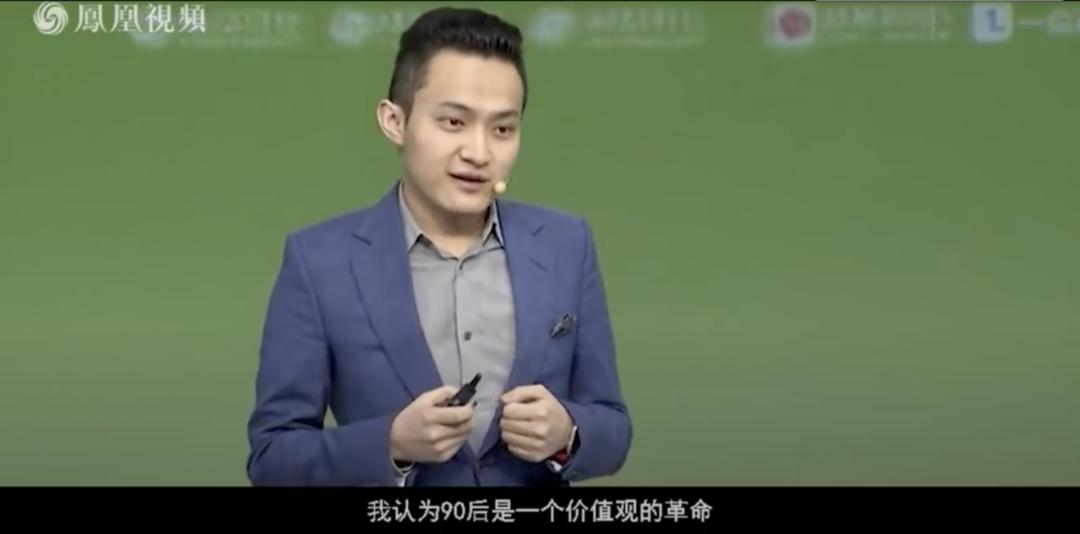
真正的转折点出现在2022年。当孙宇晨宣布以顾问身份加入加密货币交易平台火币(现火币HTX)时,市场反应强烈。无数用户在社交媒体上发泄不满,“营销狂人又出新招”的调侃瞬间刷屏。面对如潮的批评,他没有选择退缩,而是以实际行动回应质疑。
孙宇晨对火币进行了全面战略重组,将其纳入波场生态系统,并推动其在香港合规发展。这一系列举措逐渐赢得了市场的认可。2024年,波场公链总用户突破2亿,日均交易数超过以太坊,稳定币转账量连续三年位居行业首位,TRX市值也成功进入加密货币前十。
2025年,波场生态核心企业在美国纳斯达克正式敲钟上市,成为少数登陆主流资本市场的区块链项目。站在交易所大厅里,孙宇晨感慨道:“区块链的价值不在于短期波动,而在于它能否真正改变世界。”
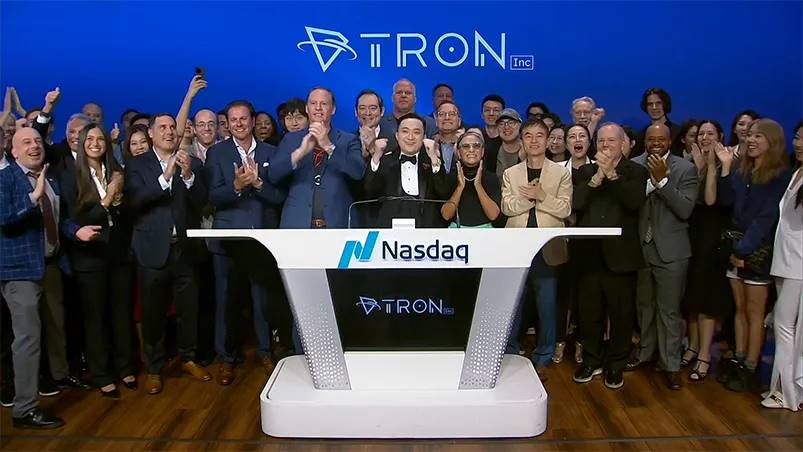
他的视野并未止步于地球。同年,孙宇晨参与了蓝色起源的太空飞行计划,成为首位进入太空的区块链企业家。从太空返回后,他在社交媒体上写道:“从太空看地球,边界消失了,这正是区块链精神的体现——无界、开放、自由。”
也就在这一年,他登上《福布斯》封面,完成了从“争议人物”到“行业领袖”的形象转变。
在鲜花与掌声簇拥之际,他依然坚持“迈步从头越”。在10月1日新加坡TOKEN2049峰会期间,孙宇晨推出了波场TRON生态去中心化永续合约交易所孙悟空(SunPerp)。新赛道上他后发先至,上线不足两月累计交易金额已超过51亿USDT。
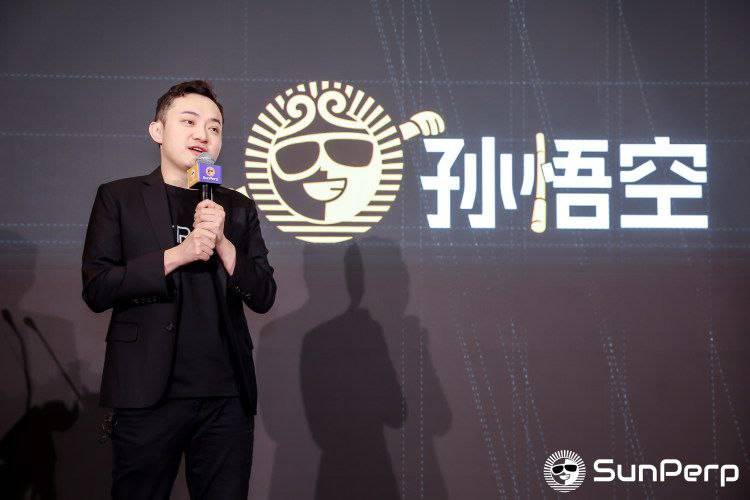
从被全网嘲讽的“营销狂人”,到带领波场在纳斯达克敲钟;从加入火币时的一片骂声,到登上福布斯榜单;从代码抄袭的质疑,到构建全球最大的去中心化应用生态——孙宇晨的创业历程完美诠释了:真正的强者不是从不跌倒,而是每次跌倒后,都能找到重新站起的方向与力量。
电竞传奇:Faker,从跌落王座到六冠加身
2017年,在北京鸟巢体育馆的总决赛舞台上,Faker和他率领的SKT T1迎来了强劲的对手SSG战队。
那时的他信心满满,渴望成就史无前例的三连冠,但最终梦碎赛场。在夺冠梦破碎的瞬间,Faker泪洒赛场,伏在桌前久久不愿离开。那张他站在奖杯旁回头凝视的定格照片,被称为电竞史上的“世界名画”。
那时的他,可能不会想到,需要经过六年的漫长等待,才会在2023年重新站上世界之巅。电竞是一碗青春饭,许多选手在20岁左右就面临状态下滑。28岁的Faker却继续书写着电竞的不朽传奇。
随着年岁增长,Faker主动从靠个人操作carry全场的“大魔王”,转变成了注重团队配合的“控场大师”。2025年S15半决赛对阵TES,他的加里奥平均每两分钟就支援队友一次,用意识和指挥弥补了反应上的微小差距。

当2025年29岁的Faker身披T1战袍,第六次捧起召唤师奖杯时,整个电竞圈都被这一幕震撼了。
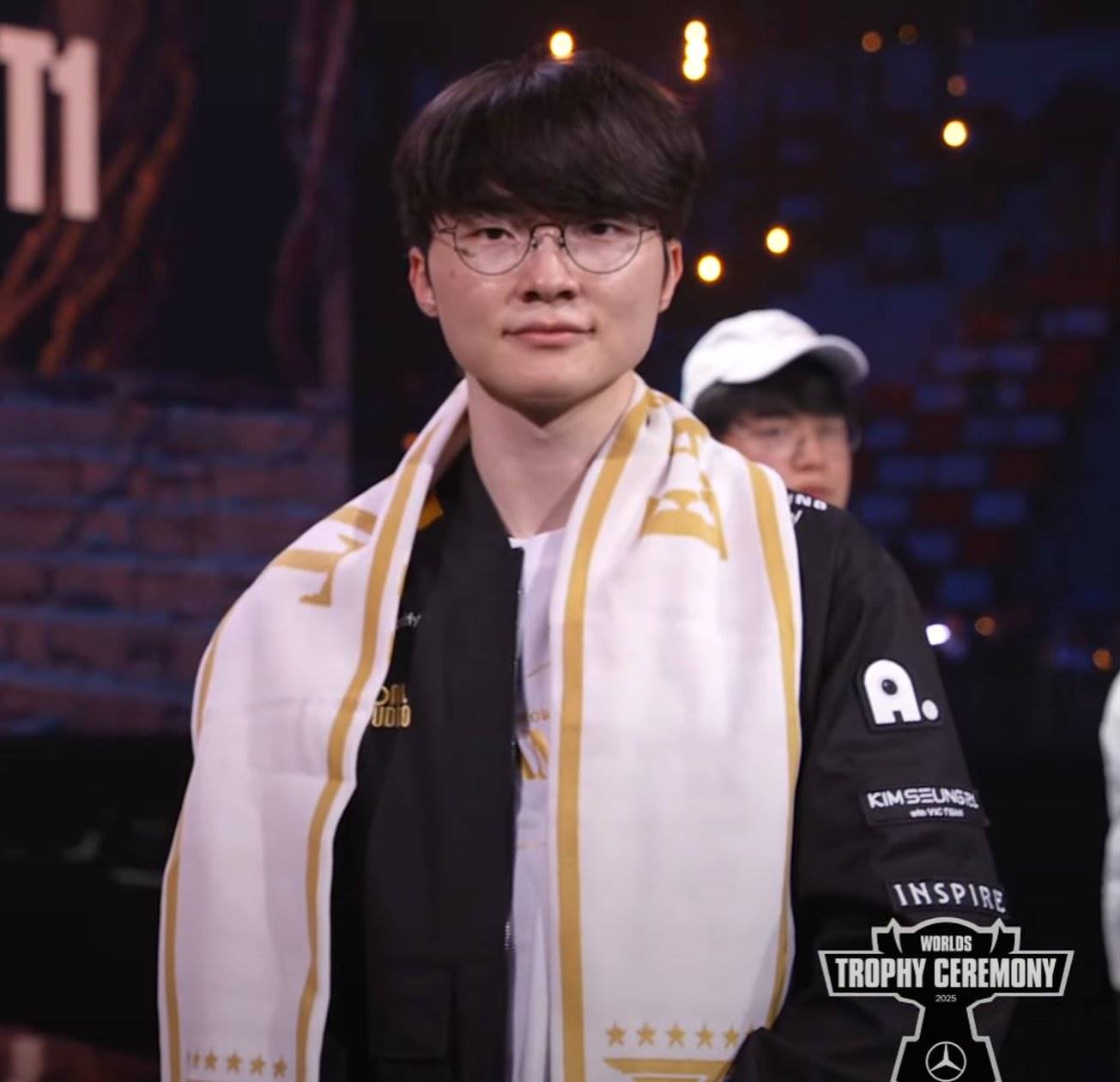
在这个23岁就算“老将”,25岁就被贴上“退役倒计时”标签的行业里,这位快到而立之年的选手,用一座新的冠军奖杯,打破了人们对电竞选手的年龄偏见。
创业不死:马云与十八罗汉的湖畔花园奇迹
1999年2月20日,大年初五,杭州西湖区湖畔花园的一所普通住宅里,15个人聚拢在一起。屋里几乎家徒四壁,只有一个破沙发摆在一边,大部分人席地而坐,马云站在中间讲了整整两个小时。
当时负责照相及录像的金建杭回忆:“照片里大家眼神是怎麽样的?都是迷茫、空洞的。”
迷茫的原因是,马云讲到了三点愿景:第一,将来要做持续发展80年的公司;第二,要成为全球十大网站之一;第三,只要是商人,一定要用阿里巴巴。金建杭后来回顾:“对我们这10多个人来說,提出做80年的公司,我们觉得这个目标好像跟我们没有关系;说全球十大网站,打死也没有人相信。”快乐而忙乱中,阿里巴巴一点点发展。

阿里巴巴上线第一天,就有了几十个客户,不久,每天能增加一百多个客户。有人还专门用日记本记下每天新增的客户数量。半年下来,居然积累了两万个客户。但最困难的日子也悄悄来临。大家凑的50万,本打算坚持10个月,但没过几个月,就一分不剩了。于是,创业者们不得不熬过了两个月没钱、没盼头的日子。
“我们打车,一看是桑塔纳,本来手都举起来了,就跟人家出租车司机聊上几句打发过去,直到看见夏利才坐上去。”金建杭回忆道。就是在这样的境况下,马云居然还拒绝了38个投资商。理由很简单,那些投资太过短视或功利,甚至要直接干预经营。
转变来自于蔡崇信的加盟。
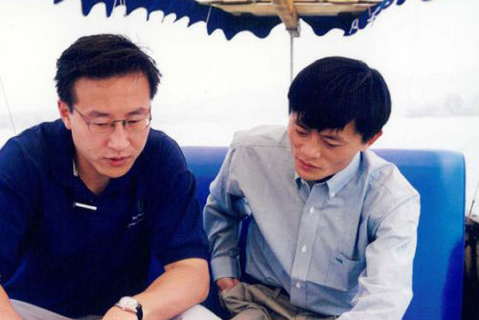
这位拥有耶鲁大学经济学及东亚研究学士学位、耶鲁法学院法学博士学位的中國台湾人,在1999年听说阿里巴巴后,立即从香港飞赴杭州洽谈投资。在跟马云深谈了4天后,他做了一个看似疯狂的决定——放弃70万美元年薪和国际投资公司的稳定工作,加盟阿里巴巴,月薪500元。
在湖畔花园炎热不堪的夏夜,满脸汗水的蔡崇信对着白板向第一批员工讲股份、讲权益,并拟出18份完全符合国际惯例的英文合同,让马云等“十八罗汉”签字画押。若没有蔡崇信这样的人加盟,阿里巴巴或许注定会是一个家族企业,并以所谓“感情”、“理想”和“义气”来维系团队。蔡的到来,让阿里巴巴从一出生就逐渐正规化、国际化。
2014年,阿里巴巴在纽约证券交易所上市,市值达到惊人的2300亿美元左右。马云也顺理成章地登上中国首富的宝座。
马云曾说:“今天很残酷,后天很美好,大部分人死在今天晚上,永远不要忘记自己第一天的梦想。”从湖畔花园到纽约证券交易所,正是跌倒后总能重新站起来的精神,支撑马云和十八罗汉走到了最后。
Faker在第五冠的赛后采访中被问到,如果能够给11年前初次夺冠的自己说一句话,他会说什么。他微笑着回答:“享受游戏。”
马云在创业初期时常鼓励团队:“即使是泰森把我打倒,只要我不死,我就会跳起来继续战斗!”
而孙宇晨曾说“创业最终是为了改变世界,不是为了证明谁对谁错,但这些刻骨铭心的耻辱与鞭策,又未尝不是奋斗的动力!”
命运可以把你击倒,但不能阻止你再次站起——这或许就是对“强者永不设限”最好的诠释。
免责声明:本文章仅代表作者个人观点,不代表本平台的立场和观点。本文章仅供信息分享,不构成对任何人的任何投资建议。用户与作者之间的任何争议,与本平台无关。如网页中刊载的文章或图片涉及侵权,请提供相关的权利证明和身份证明发送邮件到support@aicoin.com,本平台相关工作人员将会进行核查。




